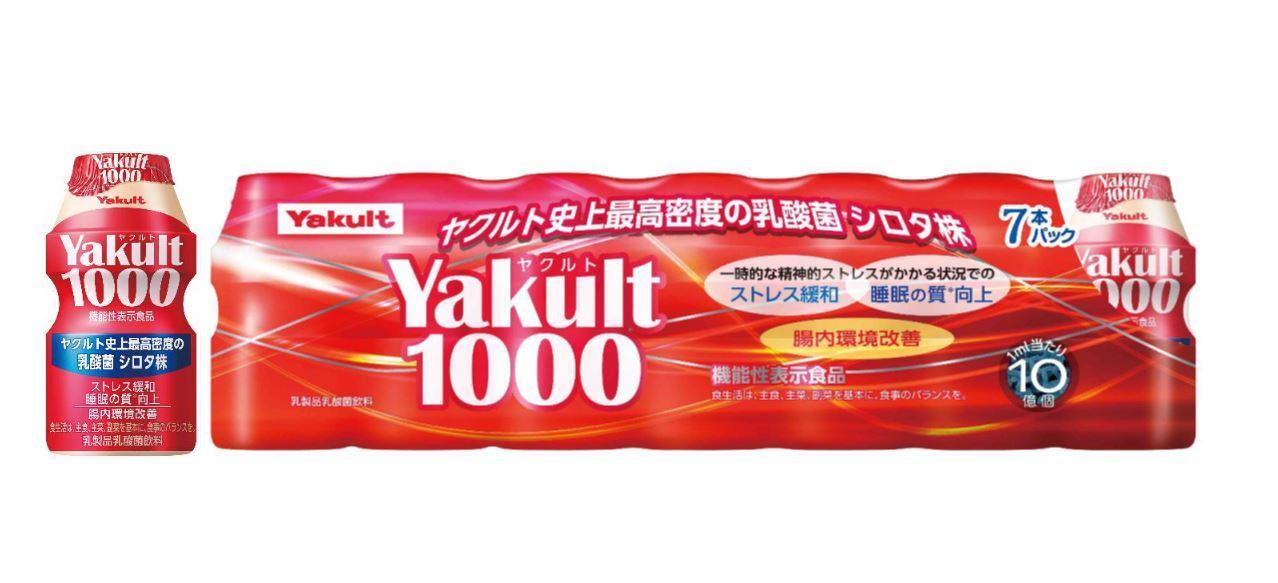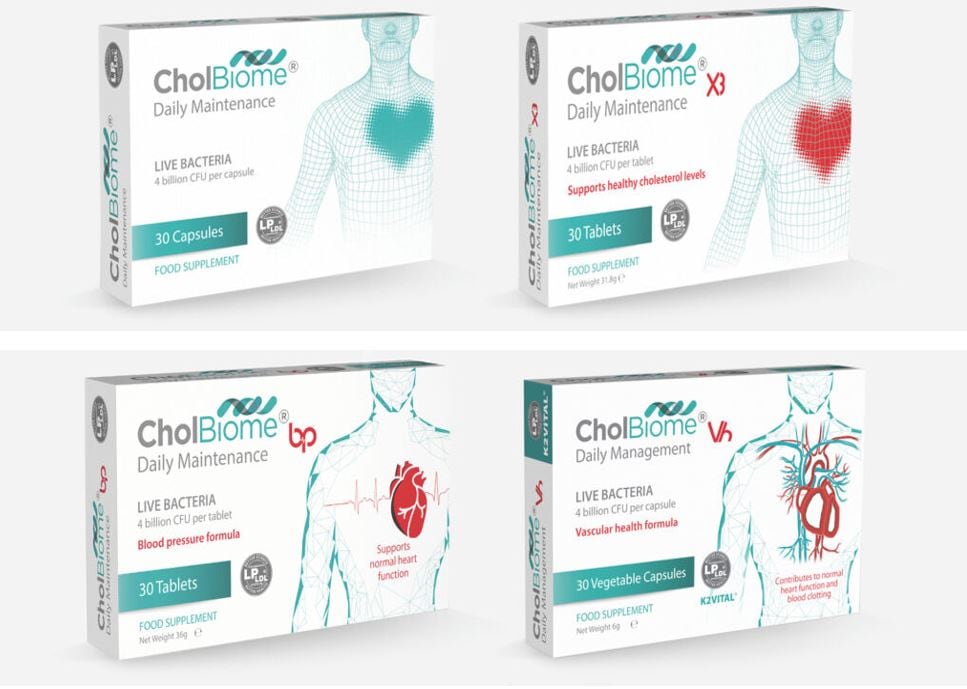Even so, the scientific the studies featuring these two ingredients were rated with a high risk of bias, claim academics.
Writing in Nutrients, researchers from the University of Sydney came to the conclusion by studying functional foods, beverages and supplements that were commercially available in the market from March till August 2019.
This is said to be the first study extensive review assessing the efficacy of functional foods, beverages, and supplements that claim to alleviate symptoms experienced in air flight.
Market scan
A total of 199 of such products were found and all made claims on improving cognitive and physical symptoms associated with air travel.
Nine in 10 products made more than one health claims, and there was a total of 302 health claims made.
The top three most made claims were improvements in feelings of fatigue (37.8 per cent), followed by improvements to immune response (36.9 per cent) and improvements to jetlag symptoms (32.4 per cent).
The remainder made claims association with improvements in sleep, hydration, anxiety, cardiovascular health, cognitive ability, gastrointestinal symptoms, oxidative stress, nausea, and inflammation.
However, the researchers found that nearly eight out of 10 products had used generalised statements with no reference to peer-reviewed publications to support the claims.
Also, five out of 10 products had made the claims based on consumers’ testimonies.
Only two out of the 199 products referenced peer reviewed publications of studies conducted within both actual and simulated air flight settings.
Most of the products were from the US (29), followed by the UK (16), Netherlands (12), New Zealand (11), Australia itself (7), Turkey (7), and the remainder from Canada, Israel, Japan, Thailand, and other European countries.
On average, each serve of the products costs AUD$3.20 (US$2.44).
Most used ingredients
A total of 183 ingredients were used in the 199 products and herbal compounds were the most commonly used in the products and were found in 66.7 per cent of the products.
Of which, seven used pycnogenol.
Vitamins were the next most commonly used ingredient, found in 39.6 per cent of the products. Minerals ranked next and were found in 36.9 per cent of the products.
Pharmacological compounds such as caffeine and melatonin were found in 14.4 per cent of the products.
Finding scientific data
The researchers then proceeded to find out if the related scientific evidence behind the ingredients.
Eventually, only 12 out of 183 ingredients had published scientific studies trialling their use in actual or simulated flight settings.
The researchers then analysed the published scientific studies. There were 23 of them, of which, 13 were RCTs.
Most of the studies were conducted on melatonin (10 studies), followed by pycnogenol (four studies), then caffeine, elderberry, echinacea, centella asiatica, pinokinase, and macronutrients.
Across all the studies, the supplements were given in the form of a tablet, pill, or capsule.
Evidence
Melatonin and pycnogenol were said to have benefits for jetlag and edema respectively, according to the researchers.
In the studies, melatonin was found to be more effective than placebo in reducing jetlag.
“Melatonin appears to have beneficial effects on self-reported jetlag following both east- and westbound flights.
“However, timing of melatonin ingestion may play a role because administration prior to flight appeared more effective than when administered on the day of or post flight,” the researchers said, pointing out that taking melatonin prior to the flight was more beneficial.
Melatonin was also the least well-tolerated ingredient, with seven out of 10 studies reporting adverse effects associated with its use.
The most common adverse effects were headache, nausea, and diarrhoea.
Another point to take note is that the 10 melatonin studies could be considered dated, since they were published between late 1988 and 2001.
Pycnogenol, on the other hand, was found to reduce swelling (edema). In addition, the four studies on pycnogenol were published in more recent years, with the earliest in 2004 and the latest in 2018.
In the 2018 study, the group which took pycnogenol was shown to have a lower risk of edema than standard management. Also, there were no deep vein thrombosis or superficial vein thrombosis found in subjects which took pycnogenol supplement.
Nonetheless, the researchers pointed out that the majority of the studies had high risk of bias, and thus, the results should be interpreted with caution.
“Overall, from the range of functional foods, beverages, and supplements identified in the scoping review, there is limited research performed within flight or simulation settings to assess claims made.
“Of the studies available, pycnogenol and melatonin may have beneficial effects on edema and jetlag, respectively.
“However, due to the poor quality and small number of studies, no recommendation for the use of these products can be made until more research emerges,” the researchers concluded.
Source: Nutrients
Efficacy of Functional Foods, Beverages, and Supplements Claiming to Alleviate Air Travel Symptoms: Systematic Review and Meta-Analysis
https://doi.org/10.3390/nu13030961
Authors: Chan V, et al





